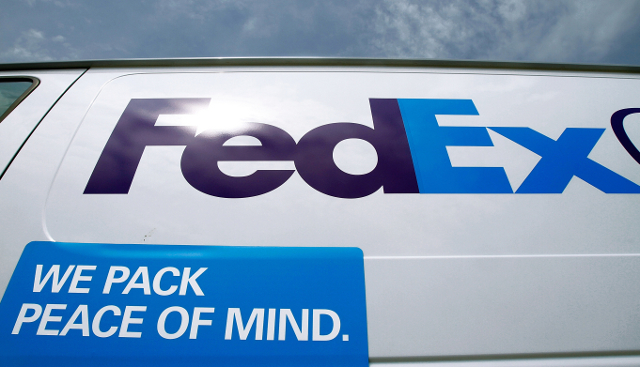

Two years later, he and his three partners sold the company for millions of dollars. In 1998, after a stint in San Francisco with the Financial Times, he created First Tuesday, a networking group for members of the tech industry. "They used to have to be charming to get a story - trade some information, do some dirty dealing."ĭenton soon became enamored of technology. "In my day, people used to go parties to get stories," Denton told me at one point, complaining that his writers don't get out enough. After working as a stringer overseas, he covered the banking industry for the Financial Times in London. At Oxford, he edited the campus magazine and did internships at Tatler and the Evening Standard. Denton's own career in journalism started conventionally. His mother, a Hungarian Jew who survived the Nazis and escaped the Soviet occupation at 18, was a psychotherapist, his father a professor of economics. "Come with me as I investigate this urban legend."ĭenton grew up in the upscale London neighborhood of Hampstead. "The Katie Holmes story was a total classic," Denton said.


Above the receptionist's desk on the third floor was the "big board," a large screen displaying the company's best-performing posts, which at that moment included a piece about a team of scientists who had put a common household product to an unlikely purpose - "Glow-in-the-Dark Tampons Are Being Used to Fix Broken Sewers" - and an investigation into whether actress Katie Holmes had a secret entrance to her local Manhattan Whole Foods to avoid the paparazzi back in 2012. Employees in sales, technology and the newsroom sat in tight rows at long tables. On a rainy afternoon in late March, Denton, who is tall and thin, with close-cropped gray hair, gave me a tour of Gawker's offices. "We don't keep $100 million in the bank, no." "It's a $100 million lawsuit," Denton said when I asked later in the evening how concerned he was about the case. Even when the subject is the future of Gawker. The goal has always been to draw notice, which means framing everything in the most extreme manner possible. Of course, hyperbole is baked into the company's identity. People at Gawker tend to talk about "the Hogan case" in apocalyptic terms, suggesting that it could very well bring down Denton's entire empire.
NEWSFEED GAWKER TRIAL
The trial is scheduled to begin July 6 before a jury in St. And the judge has denied Gawker's motion to dismiss. Gawker has not been able to reach an agreement with Bollea. But every other case was either dismissed or settled. Gawker has been sued plenty of times before indeed, at any given moment, it's fighting at least a few lawsuits. He is asking a Florida state court for $100 million in damages. Bollea forced Gawker to take the video down and is now suing Gawker Media and Denton for violating his privacy. A few years ago, Gawker got its hands on a video of Bollea having sex with a woman who was then the wife of a friend - a radio DJ named Bubba the Love Sponge - and posted a one-minute 40-second edit of it. Gawker is also confronting a more immediate threat, one in the form of an angry, litigious 6-foot-7, 300-plus-pound ex-wrestler named Terry Bollea, aka Hulk Hogan. Denton's personal favorite is Lifehacker, Gawker's take on self-help. There's the sports blog Deadspin - noteworthy journalistic coups include an investigative article revealing that football star Manti Te'o had an imaginary girlfriend and the publication of photos said to show Brett Favre's penis - and the feminist site Jezebel. Today, Gawker Media encompasses seven sites with 260 full-time employees. The company had two freelance bloggers who were paid $12 per post. It was initially just two blogs, the snarky - though the term was not yet in popular usage - media gossip site Gawker and a technology blog, Gizmodo. Like when they're standing on a fire escape, in a haze of pot smoke.ĭenton started Gawker Media 12 years ago in his living room. As Denton himself has put it, what journalists put in their stories is inherently less interesting than what they say after work. By Gawker's definition, if it's interesting, it's news. His various websites have stood for nothing if not the proposition that decorum should never stand in the way of entertaining readers. After all, he has probably done more than any individual to loosen up the mainstream media. They ended their argument with a bet.ĭenton should have known better. "You can't use that - I mean, realistically, in the New York Times."Ĭraggs insisted that I could, and I would. "'Midway through his first joint, Nick Denton said a revolution was coming.' " "You just wrote the lead of his story," Craggs said, nodding toward me.


 0 kommentar(er)
0 kommentar(er)
